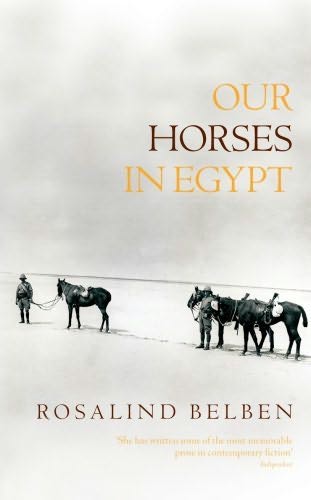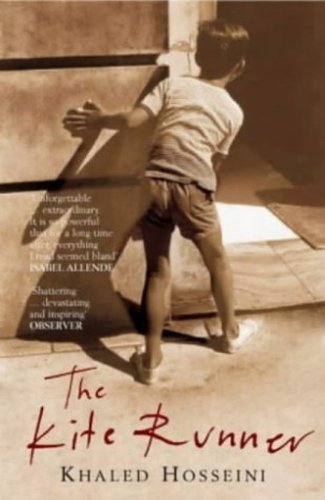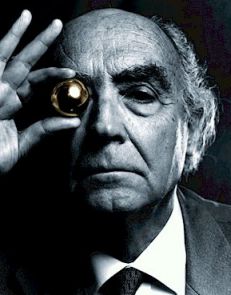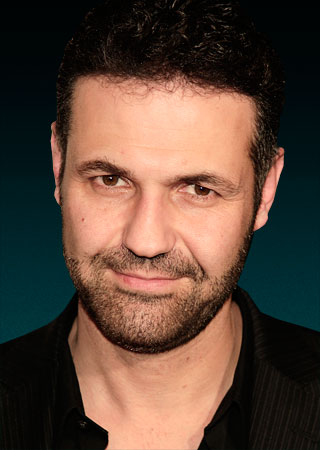
Somalia currently suffers from the absence of all forms of law and order: Somalia has had no permanent government since 1991.
The crisis in Somalia features political insecurity, constant fighting among factions involving the death of many civilians, frequent droughts and at least 600,ooo displaced people in refugee camps in poor or desperate conditions, with little international assistance. Additionally, there were thousands of deaths at sea of people trying to reach Yemen. In Italy we sometimes hear of Somali people reaching our country as illegal immigrants and asking for political asylum. Not everyone in Italy is aware that Somalia was an Italian colony; the memory of it has been removed and the history of the Italian colonization in Africa isn't in our school books. Most Italians are not aware that some of the problems and crisis of countries like Somalia, Ethiopia, Eritrea or Libya may be the consequences of our misdeeds in Africa. Read a good article on the "
memory of colonization" (in Italian)
here. When you learned that Iolanda Occhipinti and Giuliano Paganini were freed did you ask yourself what the hell is happening in Somalia? So here's a brief history of a tormented country:
A Little Bit of History Won't Kill You, Believe Me!
The interest of Italy in Somalia dates back to the late 19th century (and not to Mussolini's time as Italian people erroneously think). While the British only established a protectorate in the north of what is now called Somalia, Italy gave life to a real colony, involving the emigration of many civilians. In 1936, Italian Somaliland was combined with Somali-speaking districts of Ethiopia (Ogaden) to form a province of the newly formed Italian East Africa. During World War II, Italian forces invaded British Somaliland; but the British, operating from Kenya, retook the region in 1941 and went on to conquer Italian Somaliland. Britain ruled the combined regions until 1950, when Italian Somaliland became a UN trust territory under Italian control.
Somalia reached its indipendence in 1960, when British Somaliland and former Italian Somalia united to form the Somali republic. The government supported the idea of a Greater Somalia, re-uniting all Somali people living in Ogaden (eastern Ethiopia), French Somaliland (now Djibouti) and north-eastern Kenya. Hostilities with Ethiopia regarding the region of Ogaden erupted in the 1960s.
In 1969, a coup headed by Siad Barre took over the country and Somalia became a socialist republic with strong ties with the Soviet Union. In the late 1970s, however, after Somalia began supporting ethnic Somali rebels seeking independence for the disputed Ogaden region of Ethiopia, the Soviet Union sided with Ethiopia, and Somalia won backing from the United States and Saudi Arabia. Somalia invaded the disputed territory in 1977 but was driven out by Ethiopian forces in 1978. Guerrilla warfare in the Ogaden continued until 1988, when Ethiopia and Somalia reached a peace accord.
In 1991 Barre was ousted from power by nationalist guerrillas and an insurgent group in Northern Somalia (former British Somaliland) announced the secession of the Somaliland Republic. In the capital, Mogadishu, two different rival factions tried to seize power. A devastating drought and civil war led to the loss of some 300,000 lives in 1992. UN peacekeepers and troops from both the US and other countries attempted to restore political stability and offer some food-aid, but they were forced to withdraw in 1994 due to the hostility of the militant factions. While Mogadishu and most of the south (former Italian Somalia) were ruled by violence, the breakaway Somaliland, although internationally unrecognized, mantained a stable existence. Both Puntland (north-east Somalia) and Jubaland (in the south) declared their independence in 1998.
Since the conflict is not seen as based on ideological or religious differences but rather on the 'thirst for power', a conference held in 2000 in Djibouti elected a new transitional government led by Abdikassim Salad Hassan. The militias, nonetheless, refused to recognize the new governement, which anyway had little if no power outside Mogadishu. In the meantime Southwestern Somaliland declared itself independent. In 2004 a new government led by Abdullahi Yusuf Ahmed was convened in Kenya and the warlords battled for the control of Baidoa, the city that was supposed to become the new capital.
At the beginning of 2006 new conflicts broke out between militia forces alligned with the Islamic Courts (which attempt to establish shari'a law in the country) and militias loyal to several warlords. The Islamic militias seized Mogadishu and much of the south, except for Baidoa, the temporary capital. There were increased tensions between the Islamic Courts and Ethiopia over the presence of Ethiopian troops in Somalia in support of the interim government. Eritrea was accussed of supplying arms to the Islamic Courts, raising the specter of a wider war involving Ethiopia and Eritrea. Government forces reconquered Mogadishu and Kismayo, calling for the surrender of warlords. This was only partially achieved. In 2007 the United States launched airstrikes against suspected Al Qaeda allies of the Islamic Courts, and also conducted some operations in the south of the country. Ethiopian and government forces soon found themselves fighting militias opposed to disarmament and motivated also by interclan distrust and anti-Ethiopian sentiment and Islamist guerrillas. Fierce battles in March and April in the capital caused hundreds of thousands to flee, and hundreds died.
The situation in Somalia continues to be extremely complicated and unstable, but the media seldom speak about it, only mentioning Somalia if an Italian national is kidnapped or missing, and often without speaking properly about the conflict.
Read more on Somalia
here and
here. You might also enjoy Cristina Ali Farah's
Madre Piccola (in Italian), or any book by
Nuruddin Farah, the most important Somali writer, who's rumoured to be a possible Nobel Prize winner.
Coming soon: - More on Somalia after I'll have read Links, a book by Somali author Nuruddin Farah;
- Raise Awareness #3: Zimbabwe;
- Brief History of the (Many) Invasions of Afghanistan, as I'm trying to understand the background of Hosseini's The Kite Runner.
 The James Tait Black Memorial Prize is among the oldest and most prestigious book prizes awarded for literature written in the English language. It is based in the University of Edinburgh, in Scotland (that's where I studied!).
The James Tait Black Memorial Prize is among the oldest and most prestigious book prizes awarded for literature written in the English language. It is based in the University of Edinburgh, in Scotland (that's where I studied!).





 Year of publication : 1998
Year of publication : 1998






